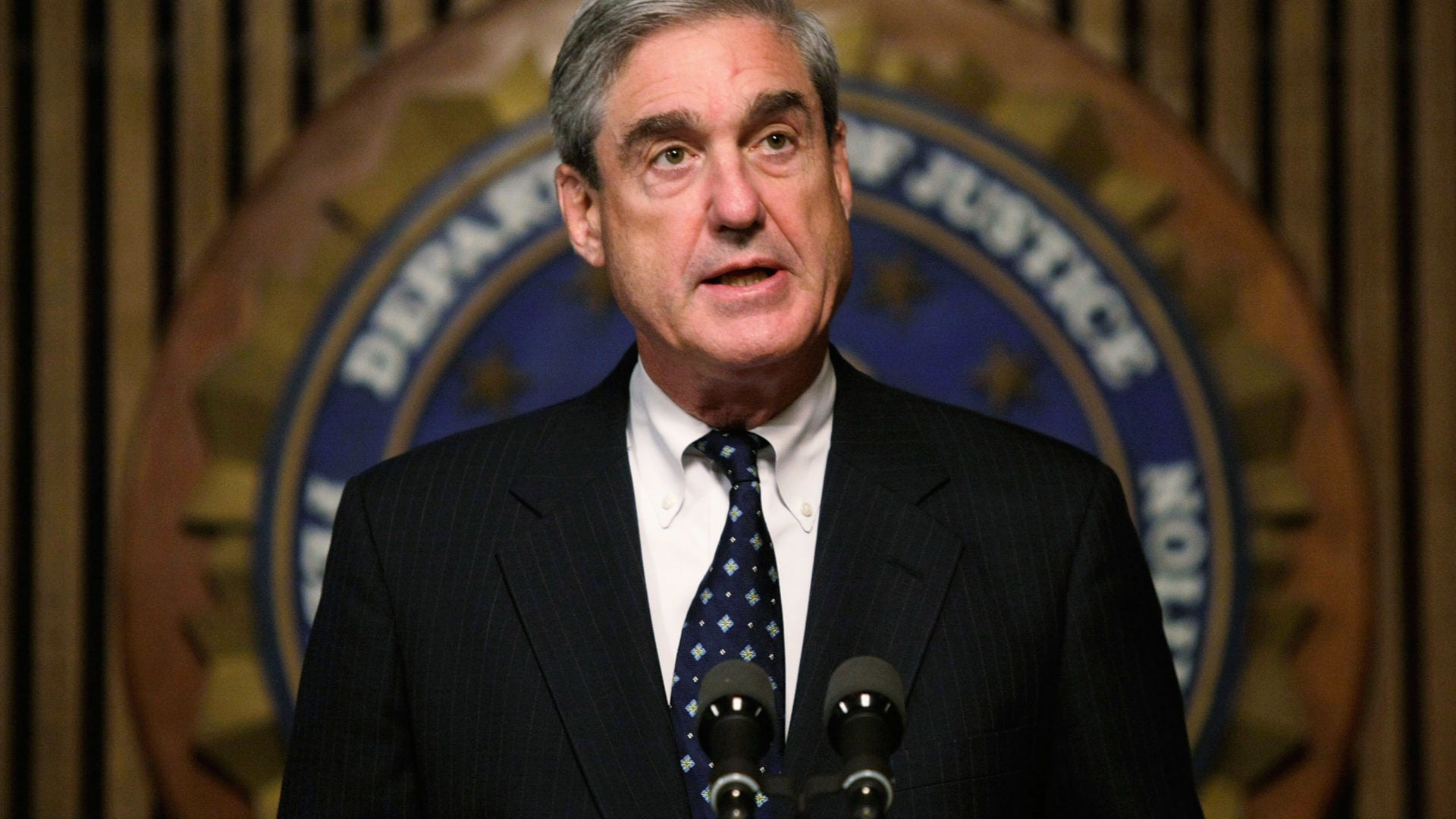
For the last two years Robert Mueller has remained somewhat of a political mainstay. He’s crept into our homes, images of him plastered on our televisions, and with few words throughout his lengthy investigation, has managed to infiltrate our daily lexicon. American taxpayers are estimated to have spent $25 million toward the report that he produced. But the question is; do Black people, as a community, really care about Mueller? My thoughts are— we should.
Today Mueller testified before Capitol Hill on the 400-page document detailing Trump, and his associates, involvement with Russian tampering of the 2016 election. He mostly stuck to his report, referencing it ad nauseam, without giving any definitive answer as to whether or not — in the words of Maxine Waters— “the illegitimate President” should stay in office.
If you’ve been following the investigation, you’re likely not surprised — expected it even, that after months of trying to pin down the mysterious Mueller for the purpose of getting him to reveal the “between the lines” notions of his submitted account, he had very little to add. I’d even go as far as saying that the hearing today was mainly just for show, a way for Congress to say “We did our due diligence” in getting to the bottom of what really happened leading up to November 2016.
And the truth is, I’m okay with that.
Going into the upending 2016 elections, we knew the stakes were high. And as a Black American, whose family, I have to add, is not from this country, I felt the stakes were even higher. When Trump became president in January 2020 I lamented with the rest of the progressive world, disappointed with what we collectively had done, and prayed for the day the nightmare would be over. It’s still not over. And as long as it continues, I will be concerned about the actions that led up to its creation.
A Trump presidency hasn’t exactly been kind to non-white Americans. Sure he put his name on the First Step Act, and yes, he claims to be pushing for the release of A$AP Rocky, but he’s also rolled back protective legislation, pretty much giving permission for banks to discriminate against Black businesses. He’s also tried to stop the immigration of non-white foreigners, and I’d be remiss if I didn’t add that he’s empowered a collective of bigots to spew hateful rhetoric without fear of repercussion.
Democratic strategist and national co-chair for the Bernie Sanders campaign, Nina Turner, once told CNN in 2017 that, “People in Ohio are not asking about Russia.” She said it in response to being asked what constituents thought about the whole Trump-Russia scandal. And I understand her sentiment. Too much energy on what has already transpired isn’t exactly helpful in addressing the current circumstances. Top of mind for many Black people is fixing income inequality and overhauling the justice system, voting rights, and the push for reparations.
Although these specific issues don’t directly fall under the umbrella of Trump’s very clear ties to Russia, I’d like to contend that his presidency, made possible by his sinister acts, keep us further away from achieving equity in all forms.
So yes, Black people should be concerned about Russia. Trump has had two-and-a-half years to jack things up and push us further away from progress. He’s had two-and-a-half years to slowly peel away at small gains African-Americans have made both personally and professionally. Donald Trump has had two-and-a-half years of lying to the American people, every day, in all mediums available to him. And we simply can’t afford for him to have more.
People often say, “Russia didn’t go to the polls and vote for Donald Trump.” That’s true. They didn’t. But it’s been determined that they didn’t have to. They sewed discourse and confusion, and disrupted a democratic process that Black people fought so hard to participate in. They did it, whether Robert Mueller clearly admits to it or not, with the help of the man sitting in the oval office. Keeping funding for HBCU’s, pardoning non-violent Black offenders at the request of Kim Kardashian, and continuously absolving himself of the crime in question does not change that.
In the weeks and months ahead, Special Counsel Mueller will likely do his best to fade back into private life. He’s completed his investigation, authored his report, and now testified before Congress about what transpired in the years leading up to one of the most divisive elections in U.S. history. But I’d like to challenge that as long as we’re left with the white supremacist-in-chief, championing racist legislation, repealing laws that protect our interest, and clearly not giving a damn about what happens in our communities, we should be concerned with the actions that got him there.
